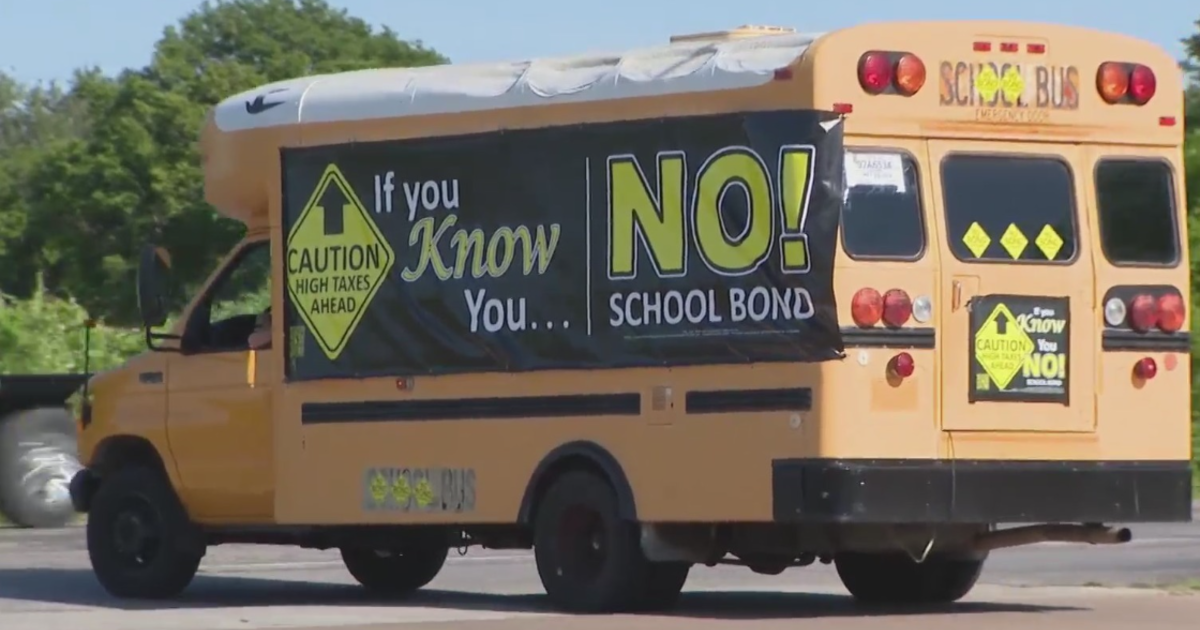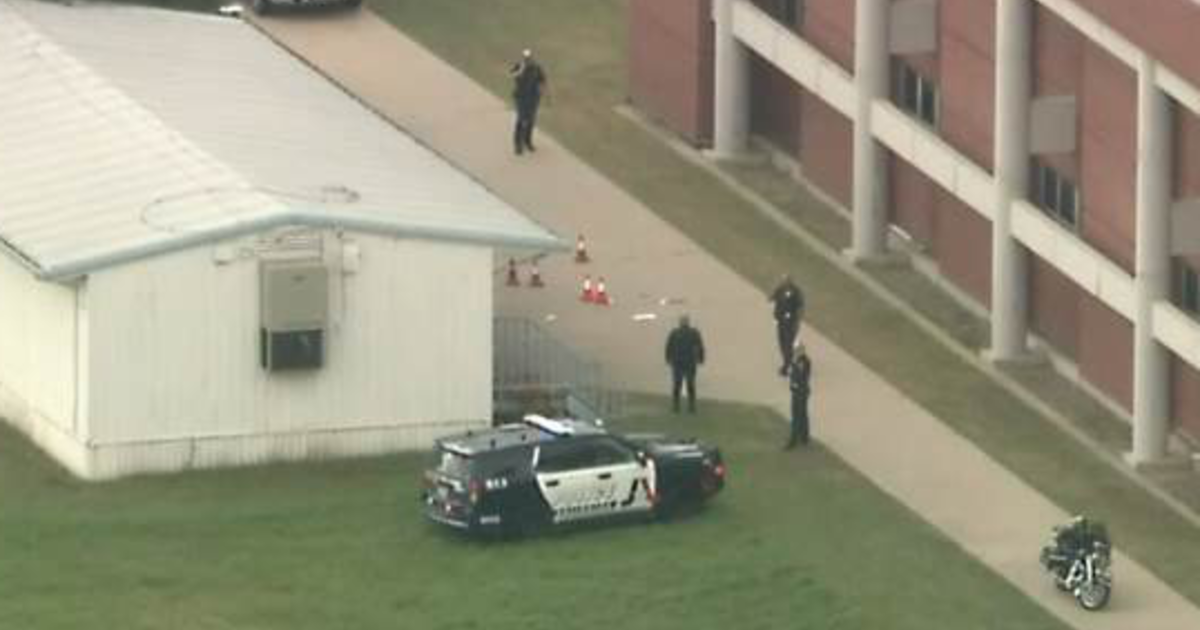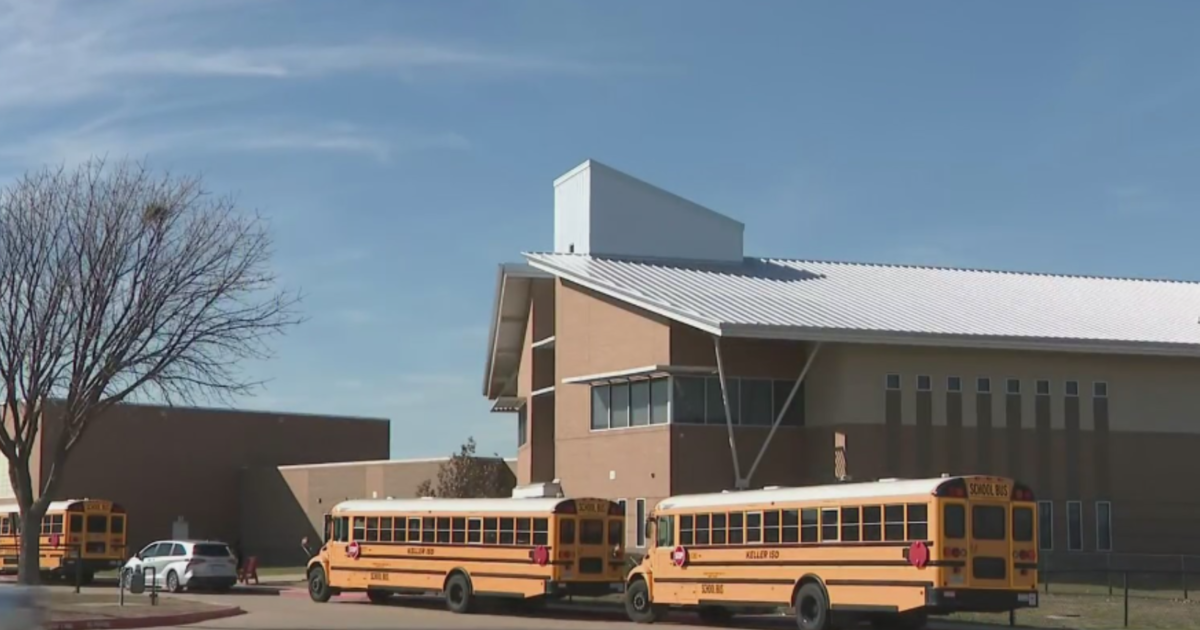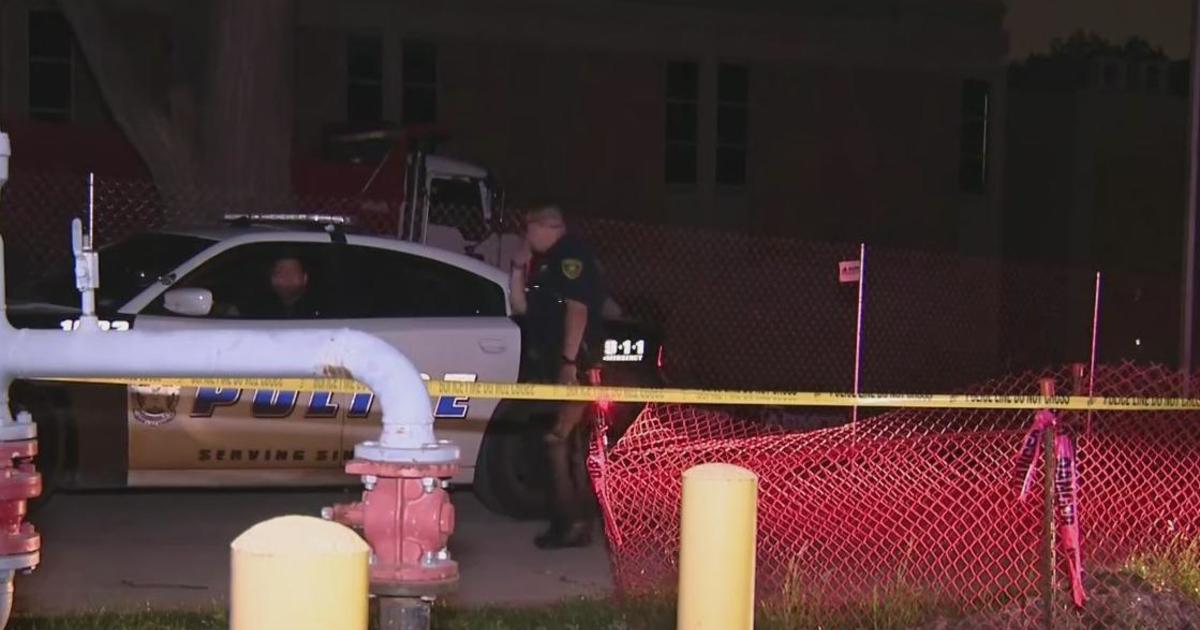Nearly Half Of Plano ISD's Bus Fleet Older Than 2007
NORTH TEXAS (CBS 11 NEWS) - Day one of the new school year is done. But there's nothing new about dozens of buses in one district. In fact, the I-Team discovered some of the fleet is old enough to have hauled some parents when they were in school!
Environmental agencies like the EPA say the magic number is 2007. If a bus was built before then its diesel engine belches out smoke that's not good for the environment or your child's health. And while several school districts may have a few busses older than 2007, at Plano ISD those older busses make up nearly half the fleet.
The I-Team got a hold of hundreds of bus inspection reports. Out of 269 busses, 60 were made in the 80's and 90's. And a total of 130 were built before the critical 2007 year mark. That's adds up to 48-percent of the fleet.
Professor Melanie Sattler is a civil engineer who specializes in air quality.
"Children are more vulnerable. They breathe in more air per unit body weight. And the fact that the diesel produces nitrogen oxides that are bad for ozone formation," Dr. Melanie Sattler, UT Arlington Professor, said. "There can actually be heart impacts."
Sattler gave us a break down of her concerns by using two, new white socks.
She put one on a car that runs on gas and has modern emission controls, similar to what newer busses might have on them. After about five minutes she removed the sock and found it was still nearly all white.
She put the second sock on an old diesel truck, again, leaving it on for about five minutes.
"This pickup didn't have emission controls so we collected a lot of particles on the sock," Professor Sattler explained.
Plano ISD refused to talk on camera. Instead, the district's CFO, Steve Fortenberry, sent us a statement:
"We are currently on course to get back to a 15 year replacement cycle. We fell behind due to financial restraints in the early part of the previous decade. We have been more consistent since 2008, purchasing an average of 18.5 buses each year. If we replaced everything over 15 years old right now, then 15 years from now we would have a "bubble" of buses turning 15 years old at the same time. Instead, we are attempting to systematically and strategically get to a point where we have a similar number of buses rolling off our inventory each year."
David Walker owns jump mania in Plano and also has a 14-year-old daughter who's been riding the bus for years.
"That would be a big thing, you know, getting rid of the exhaust," Walker told us. "But I think the schools are trying to balance how to manage the money and how do they make it all happen."
Turns out there is a way school districts can retrofit their busses without paying a dime. The Texas Commission on Environmental Quality offers more than $2 million a year to make busses cleaner.
"The good news is there are technologies, particularly for older busses, that can reduce those emissions," Brian Christian, Director of the Small Business and Environmental Assistance Division, said.
♦♦♦ Click Here To Read The DPS Bus Inspection Reports ♦♦♦
Since 2008, the program has spent $4.2 million retrofitting more than 800 busses in North Texas alone. But just 19 of them were from Plano, an amount fewer than smaller school districts like Azle, Keller and Duncanville.
Referring to Plano's retrofitted busses, Investigative Reporter Mireya Villarreal asked, "Man, you have 19 busses that you've retrofitted. Why not retrofit them all? Why not make them all clean?"
"Well, the Texas Clean Bus School Program really empowers the local school districts to make the decisions that are best for them," Christian answered.
Christian also explained school districts can apply to the clean bus program every year. If they don't meet the criteria for these funds they can even apply to another state program that would help replace old busses all together.
In a follow-up email sent from Plano ISD Monday, Communications Director Lesley Range-Stanton noted:
"In addition to the information provided by our CFO, it is notable that diesel engines are simply designed to last longer with more heavy duty parts. Additionally, the fuel contains more lube which helps the engines over time. We aspire to maintain the preferred 15-year lifecycle, but older buses are well-maintained and used as appropriate. The buses are very well maintained and, as mentioned, it is normal expectation for a diesel bus to maintain full integrity and safe use well over 15 years."
The district did not answer questions about whether they had any plans to retrofit any more of their busses.
(©2014 CBS Local Media, a division of CBS Radio Inc. All Rights Reserved. This material may not be published, broadcast, rewritten, or redistributed.)
Latest News:
Top Trending:



